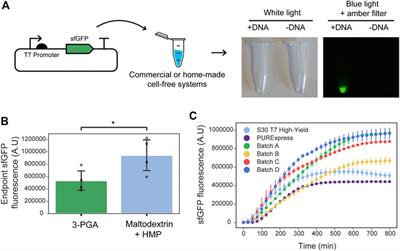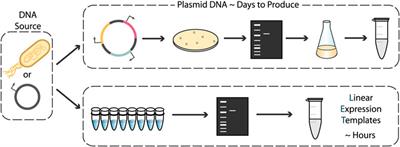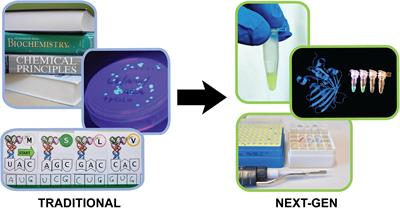EDITORIAL
Published on 29 Nov 2021
Editorial: Cell-Free Synthetic Biology
doi 10.3389/fbioe.2021.799122
- 2,851 views
- 3 citations
35k
Total downloads
188k
Total views and downloads
You will be redirected to our submission process.
EDITORIAL
Published on 29 Nov 2021
ORIGINAL RESEARCH
Published on 23 Aug 2021

ORIGINAL RESEARCH
Published on 28 Jul 2021

REVIEW
Published on 20 Jul 2021

METHODS
Published on 02 Feb 2021

ORIGINAL RESEARCH
Published on 29 Oct 2020

MINI REVIEW
Published on 28 Oct 2020

CORRECTION
Published on 26 Oct 2020
OPINION
Published on 26 Aug 2020

PERSPECTIVE
Published on 19 Aug 2020

ORIGINAL RESEARCH
Published on 19 Aug 2020

METHODS
Published on 19 Aug 2020

